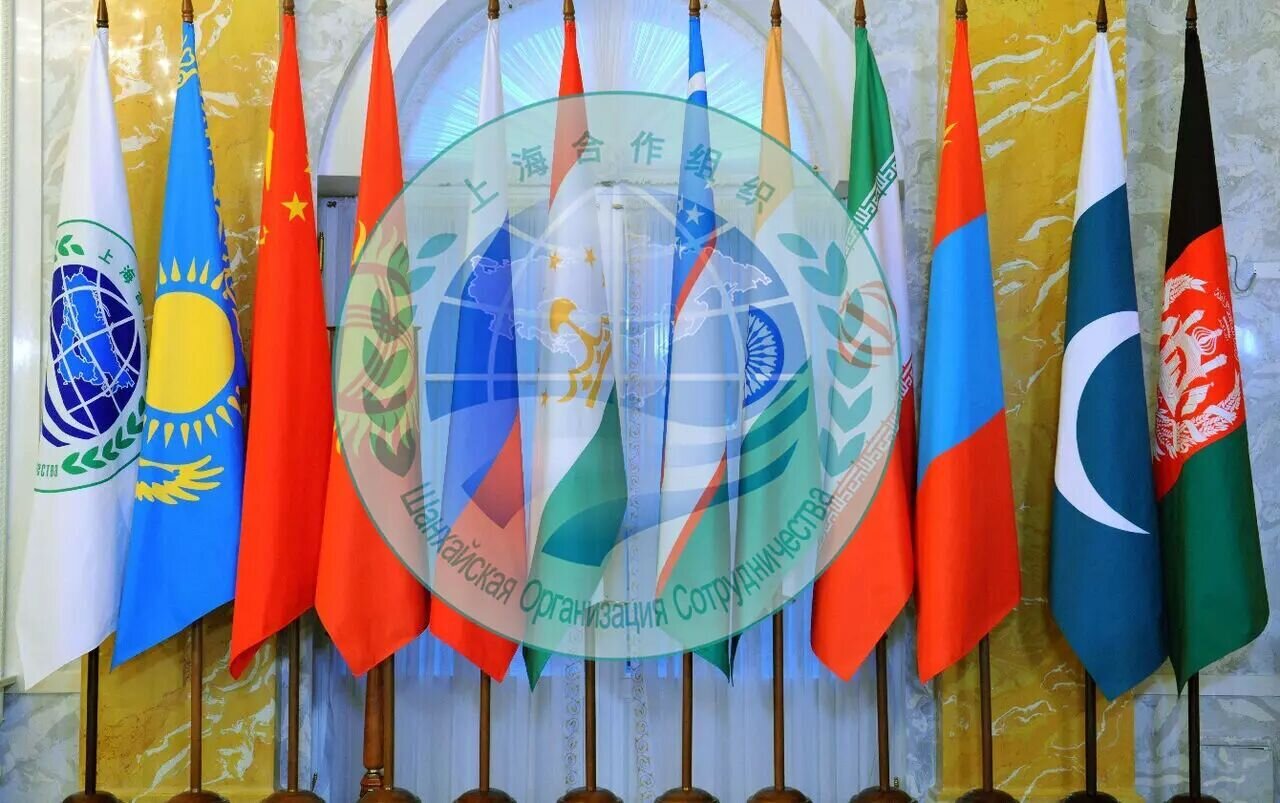SCO members call for further expansion of ties in energy

TEHRAN - The members of the Shanghai Cooperation Organization (SCO) have stressed the need to enhance cooperation in the areas of production, transmission, and consumption of energy.
The 4th SCO energy ministers' meeting was convened in Astana, Kazakhstan, on Friday, with the Iranian Energy Minister Ali Akbar Mehrabian in attendance.
Mehrabian, on the sidelines of the international event, said that the member states signed a cooperation document today.
The document is unique in that some of its members are among the largest energy producers, he said, adding that some others are among the largest energy consumers.
Apart from addressing the production, transmission, and consumption of energy, the document considers the production of hydrocarbon energy, electricity, renewable energy, and nuclear energy, the official added.
Iran is considered one of the largest holders of hydrocarbon reserves and is also a leading member of the region and Shanghai in the sphere of electricity, Mehrabian stated.
Concrete steps have been taken in the area of renewable energy, the minister added.
The SCO, which has its headquarters in China, is an intergovernmental Eurasian organization established to promote multilateral security, economic, and political cooperation.
The SCO has officially approved Iran's full-fledged membership in the world's largest regional organization in terms of geographic scope and population.
SCO is the world's largest regional organization in terms of geographic scope and population, covering approximately 80 percent of the area of Eurasia and 40 percent of the world's population. As of 2021, its combined GDP was around 20 percent of global GDP.
The SCO is the successor to the Shanghai Five, formed in 1996 between the People's Republic of China, Kazakhstan, Kyrgyzstan, Russia, and Tajikistan.[6] In June 2001, the leaders of these nations and Uzbekistan met in Shanghai to announce a new organization with deeper political and economic cooperation. In June 2017, it expanded to eight states, with India and Pakistan. Iran joined the group in July 2023. Several countries are engaged as observers or dialogue partners.
EF/
